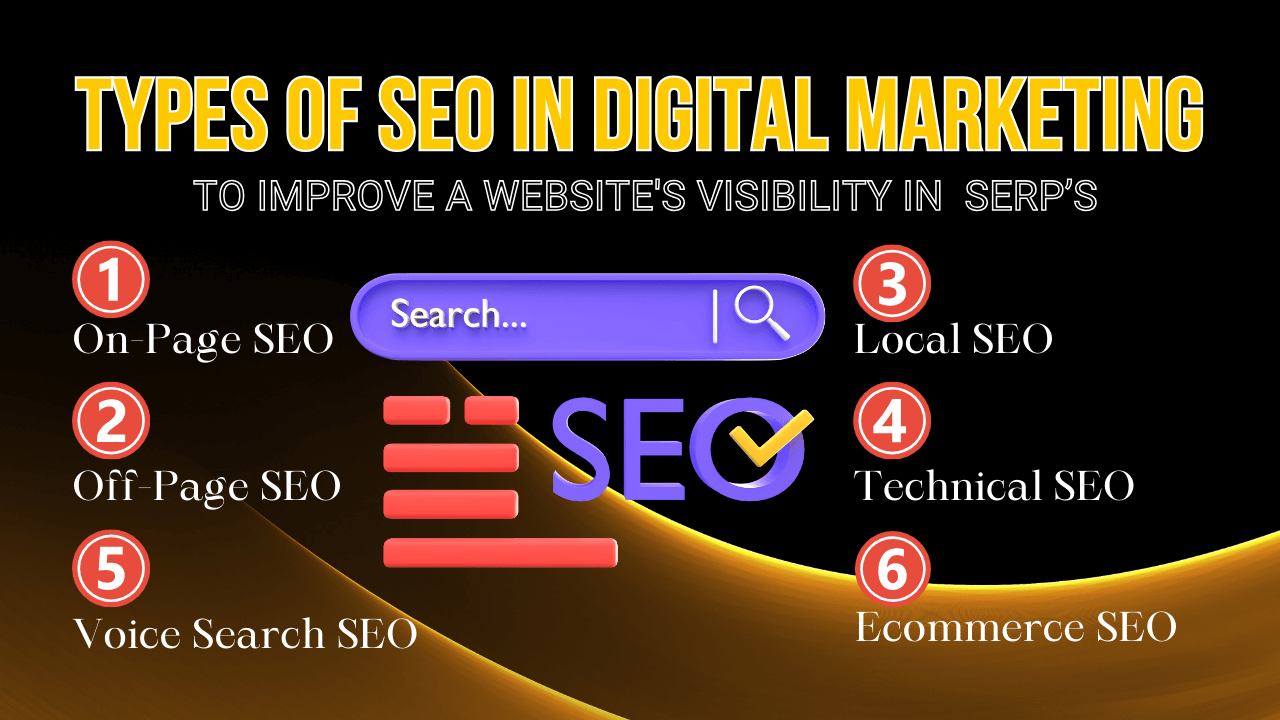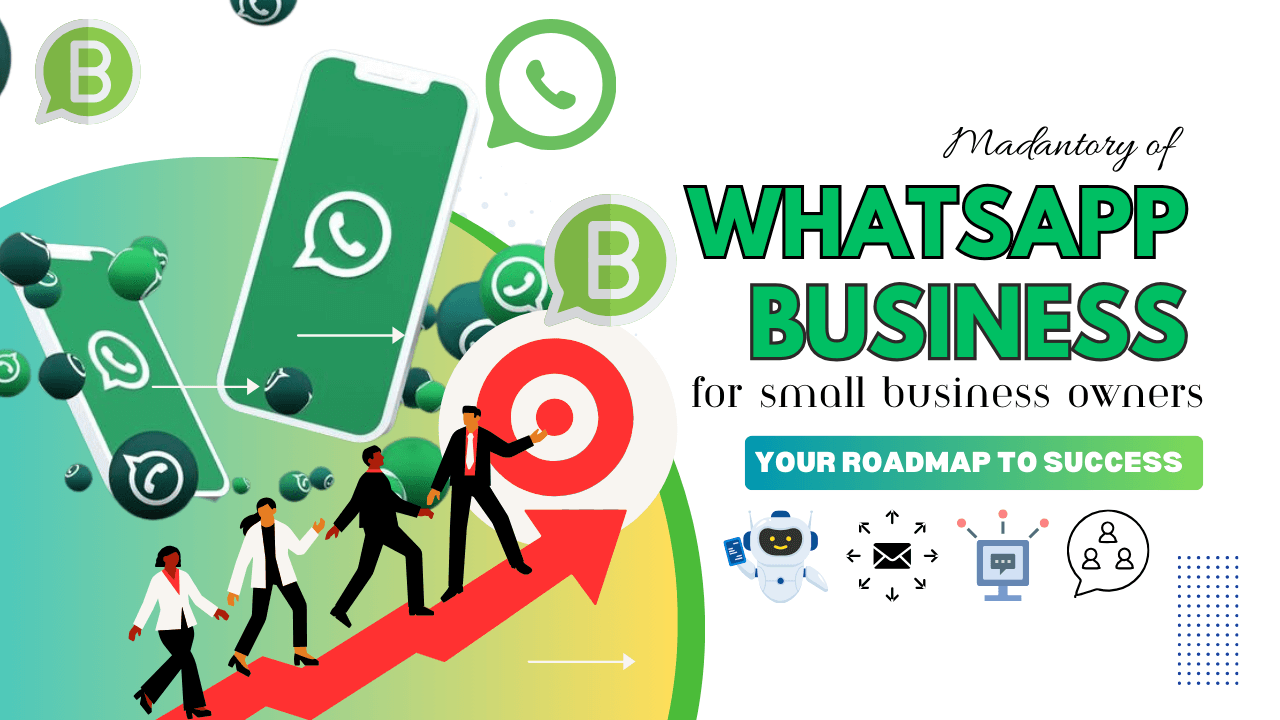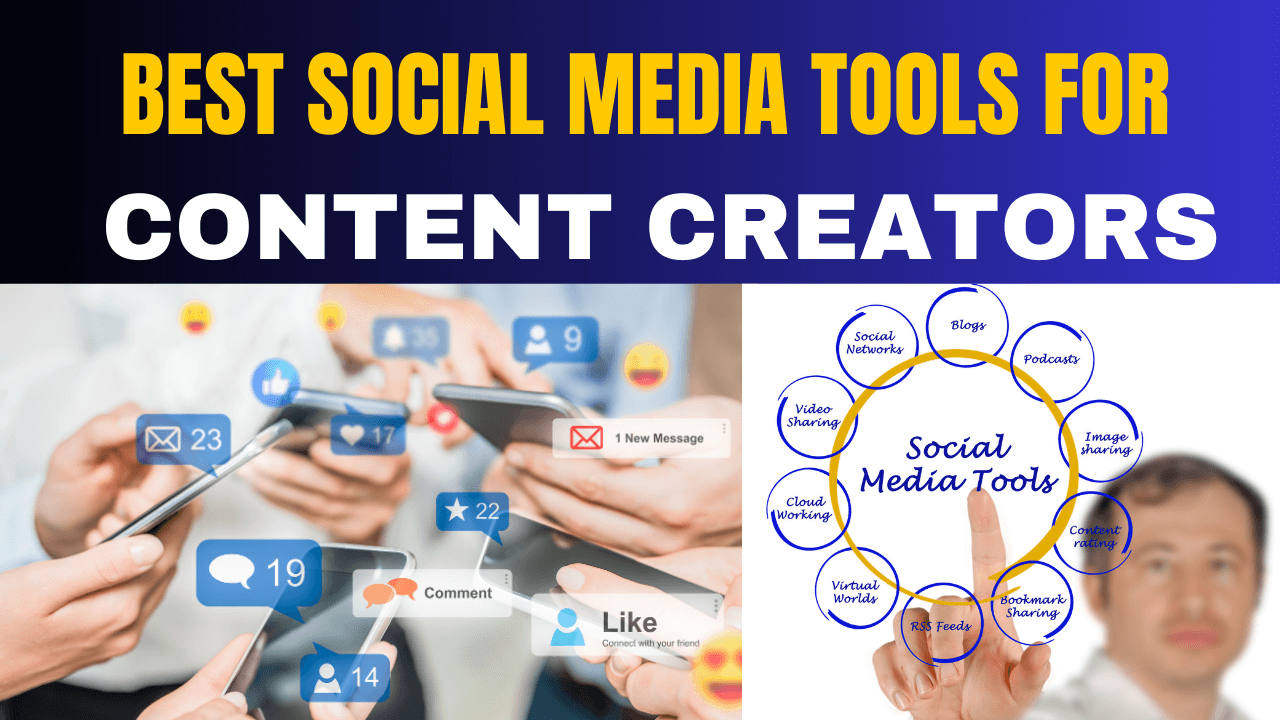Top 10 AI Marketing Apps & Benefits – Power of Artificial Intelligence
2 years agoTop 5 Social Media Strategies to Grow your Business
3 years ago -
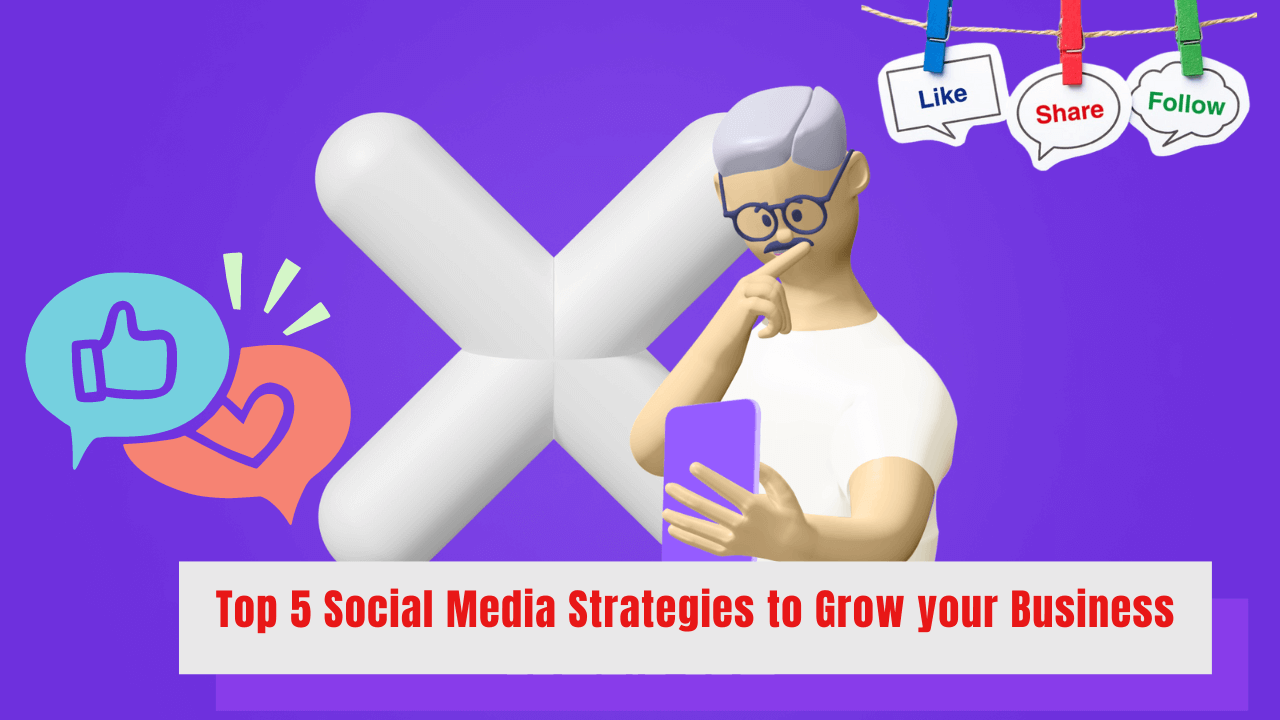
Of course, being the person on the team who designs social media strategies doesn`t help. Because that means learning and unlearning at the speed at which you scroll on Instagram. Not fun. So why is unlearning important?
Social media users are growing at an alarming rate. The number of active social media users has already exceeded 2.5 billion and this number is expected to increase over the next few years. These people spend a lot of time on different social media platforms, forcing both small businesses and large businesses to spend a lot of money on social media marketing campaigns. We`ve all been told that learning is key to being successful. Over the course of our careers, we work doubly hard to learn as much as possible, as fast as possible. Until one day the truth bomb is dropped on us: unlearning is just as imperative! And bam, suddenly we must uproot everything we`ve known and learned. Fun, right?
Technology, trends, context, and pop culture change too fast, too often. The wheel is constantly turning. The marketing lessons learned at university require fresher perspectives, technologies, tools, and platforms. So, when you’re looking for a phenomenal strategy, you have to stop the old-fashioned marketing methods, just as you should stop the ones who left you reading. (It happens to the best people)
Also Read: How does Instagram help to grow your Business? Instagram Marketing
As someone who has worked closely with social media strategies for years, there are some things I haven’t learned so far.
Which social media platforms to choose for Small businesses?
1. Must be subscribed to all social media channels
If you`re not on all platforms, you`re losing the race. If you skip the newly launched social networks, are you even nailing your Social Strat? There was a time when we embraced `your consumers need to see you on ALL platforms` as the holy truth of social media. The game truly changes when your resonance with the product you`re marketing increases and when you understand business objectives and the end consumer better. So, if you`re a B2B or a B2C business, the first step is to identify the platform where your most relevant audience is and nail that platform thoroughly.
2. Same content, different platforms
But if you think you need to be on all platforms (or someone with such a boss), you need to rethink your content strategy. This allows you to attract relevant followers on all platforms, quality engagement, and better brand building.
Not all can be accommodated in one size. This is as relevant as life advice and also applies to social strategy. With over 100 shares on IG, this meme is doing nothing on its LinkedIn page. This infographic about the number of employees who want to abandon the hybrid model brings little value to Instagram peeping.
Content strategies need to complement the platform Instagram’s more relevant, pop culture-influenced, video-first engagement elements, more LinkedIn PR, corporate and employer branding elements, Twitter More firefighting features to deal with the hatred displayed.
Also Read: How to make money with TikTok? Use Viral & Trending hashtags #
3. Ditching data
I learned this in the most difficult way. Being at a digital agency forced me to learn this. Looking at the strategy through the lens of the data, there are numerous readjustments. The more time you spend on the Data and Analysis tab on the page, the better your approach to strategy. Who your content was most involved in, demographics on your page, knock-on effects on your followers, voice sharing, and the negative/positive emotions it creates are all hidden in this tab. You can’t measure the effectiveness of this outdoor ad, but you can measure the effectiveness of all the content you post. (Feel all the bittersweet feelings)
Why People are Ditching Social Media?
The Pew Research Center has released a new report that graphs the relationships people currently have with social media. It’s been six months since Facebook disclosed that Cambridge Analytica may collect user information according to a report released by the Pew Research Center, this blunder has kept many.
People are away from social media
An astonishing 42% of users over the age of 18 opt out of Facebook and step back from social media. These social media breaks have become more common in recent years. This is because people are more familiar with how apps and websites store data. In addition, a whopping 26% of users have completely removed the Facebook app from their mobile phones.
The dangers of social media.
These new findings show that people are becoming more and more aware that social media has some very harmful aspects. In addition to nasty algorithms, time-consuming social feedback loops, and the ever-present “fake news”, there are many security and privacy issues posed by social media. For example, third-party apps prey on small children and non-technical people to blackmail data. Another example is many fake profiles and bots trying to trick users.
Privacy settings
To protect the information, 54% of Facebook users say they have adjusted their privacy settings to reduce Facebook publishing. Privacy practices are constantly changing as social media sites such as Twitter, Instagram, and Facebook change settings and update policies. It’s important to remember that tickets to a secure social media experience aren’t just about adjusting privacy. There is virtually no guarantee that you will remain completely private, as Facebook itself will continue to have access to all your data. But the step you need to take to protect your privacy is to understand who can see your account.
Conclusion-Measure this campaign, review your post data, and get excited and disappointed with the trendline. This is really fun. Do not lie to metrics like atmosphere.
4. So long, vanity metrics
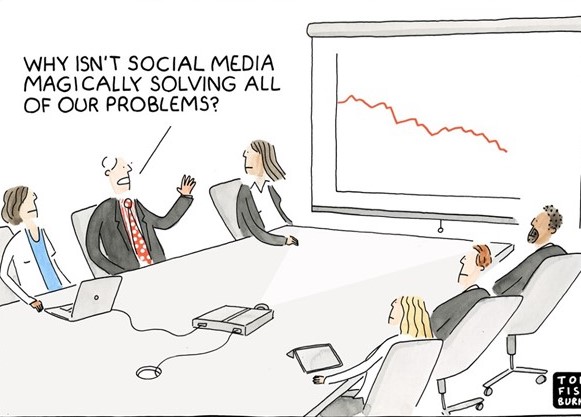
Engagement rates, CTRs, CPA, CAC, reactions, conversions, link clicks, mentions!
I really understood the importance of this after working on high-budget, high-decibel campaigns that compel you to go down the rabbit hole of data to draw a conclusion about its impact.
So let`s dial back to how it started follower campaigns — they were its thing in the larger social media strategy (Early in my career, I`ve personally put this in my pitch decks and emphasized how we must absolutely do this!)
Cut to, brands started pumping in more money to create dynamic content and the north-star metric changed to impression and views. We were happy. Brands, agencies, finance heads, everyone was happy. Then someone asked the dreaded question — `did your TG view it? ` followed by `Where are these views coming from? ` (*insert awkward silence*)
And that day we graduated — from vanity metrics to metrics that actually matter, that actually justify the high investments (and the long hours)— engagement rates, CTRs, CPA, CAC, reactions, conversions, link clicks, mentions! Since then, there`s been no looking back because we`ve unlearnt this the hard way and we have tons of reports to look at.
5. Seizing all moments
Spoiler Note: The harsh truth of instant marketing is that not all trends apply to all brands. As a social media strategist, you should always stick to the “less the more” and “sometimes better than everything” guidelines when marketing the moment. It’s all about context and relevance, just a little bit about copy/content. Therefore, the two questions that should be answered are:
- Are trends/moments in sufficient context for my brand to participate?
- What are the opportunities for lateral recognition?
Like marketing, consumers and audiences have evolved on social media. Whether it’s topical content, jokes, or wording, in-the-moment marketing isn’t required and succeeds when it’s risky if it’s inappropriate to try. And with that in mind, a constant unlearned curve waiting for us all.
Tips for staying safe on social media
- Set your status to “Friends Only” unless you really want to know something.
- Find knowledgeable who can see your photo.
- On the Applications and Websites tab, you can control whether your friends can share your information with specific groups of friends.
- Evaluate randomly added profiles. Do they have many friends? Are their accounts new? Do they only have the above picture? If so, it’s probably a bot.
- If you’re using Twitter, consider not using your real name.
- Limits the use of applications’
- Be aware that (Twitter, Facebook, Instagram, Snapchat, etc.) might be linked to each other. Often, digital maps are created that are useful for hackers to follow. Restrict the use of the application. Do not “check-in” Instagram or Facebook in your area.
Similar Articles:
How to Create a Facebook Page 2022? Tricks to Grow your Business
Google Analytics 4 is replacing Universal Analytics – Crack Course 2022
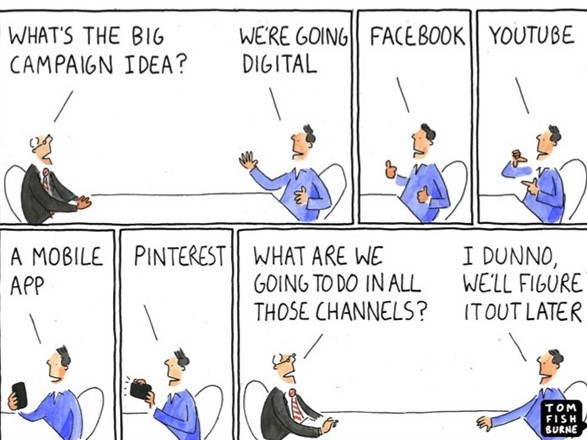

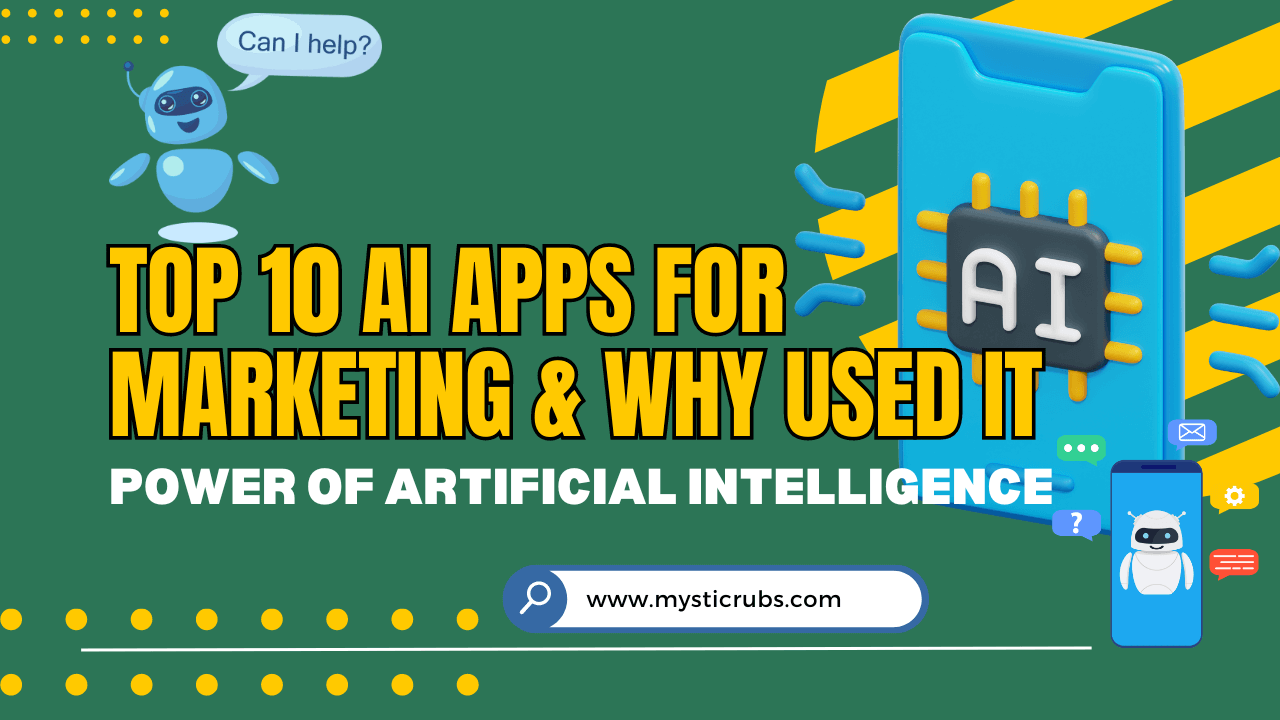
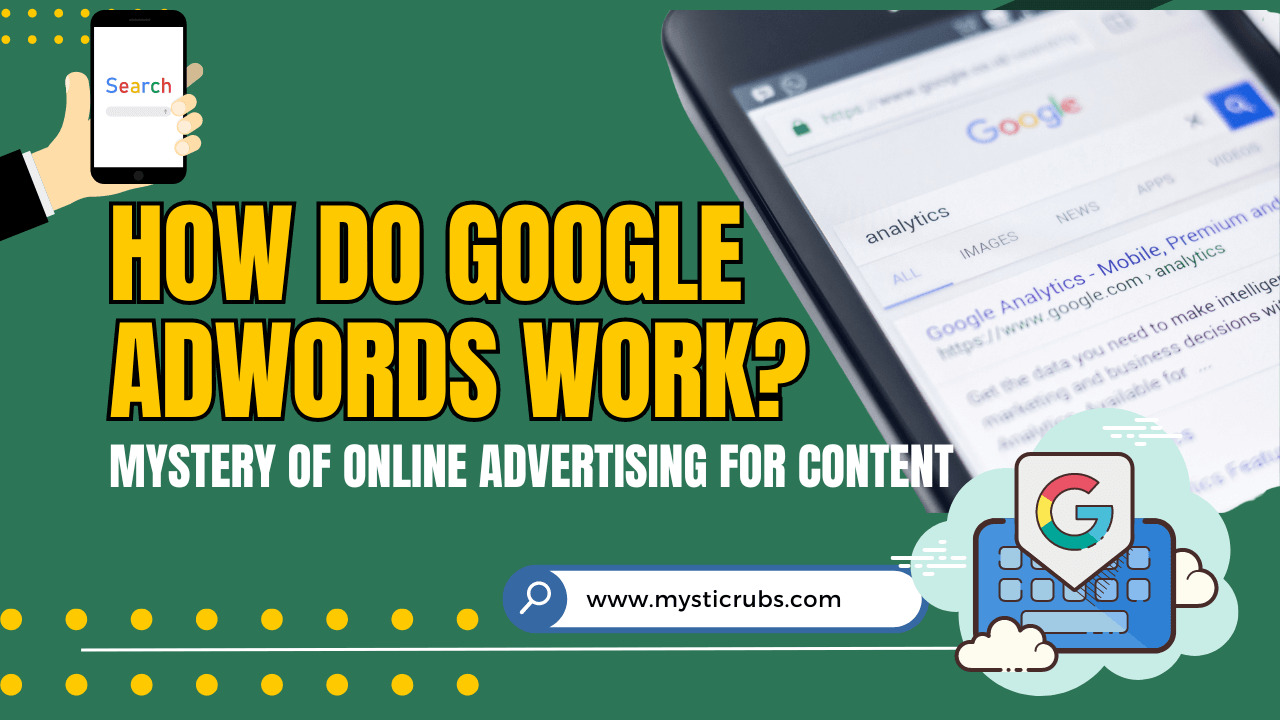
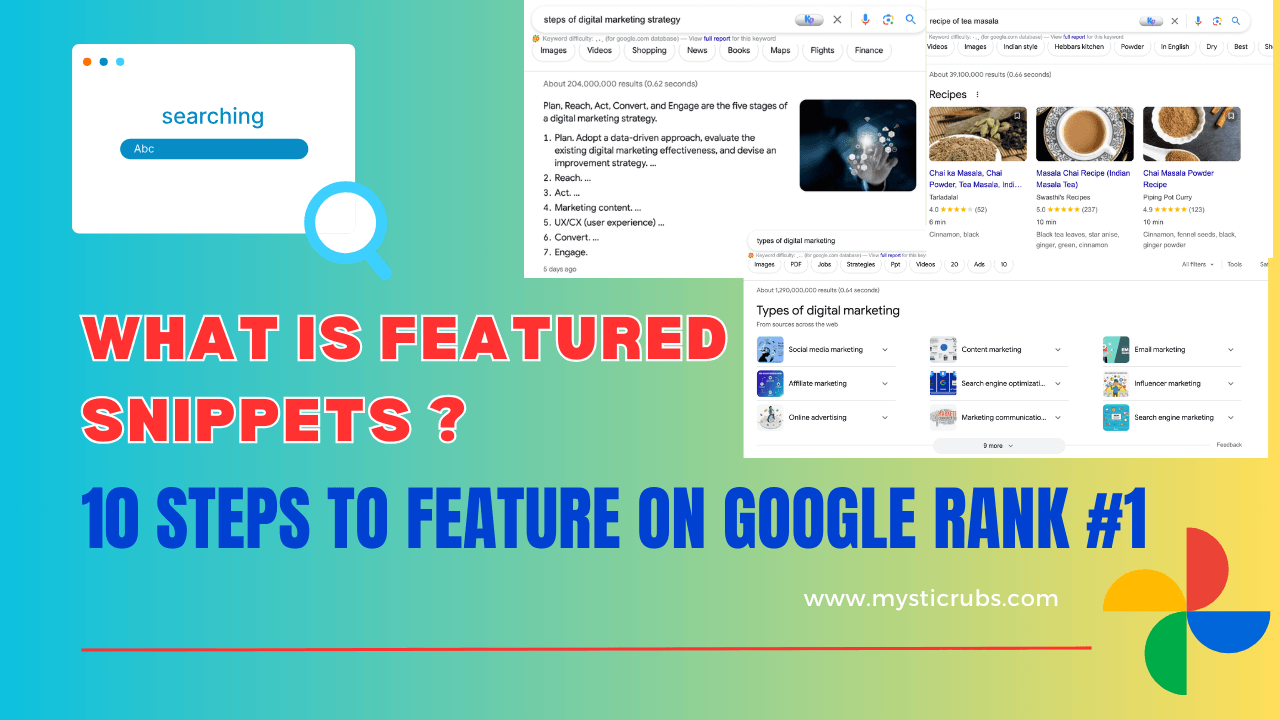
![[2025 Updated] Top 10 Digital Marketing Agencies in Nepal Ranked!](https://mysticrubs.com/wp-content/uploads/2022/05/top-10-digital-marketing-company-in-nepal.png)
